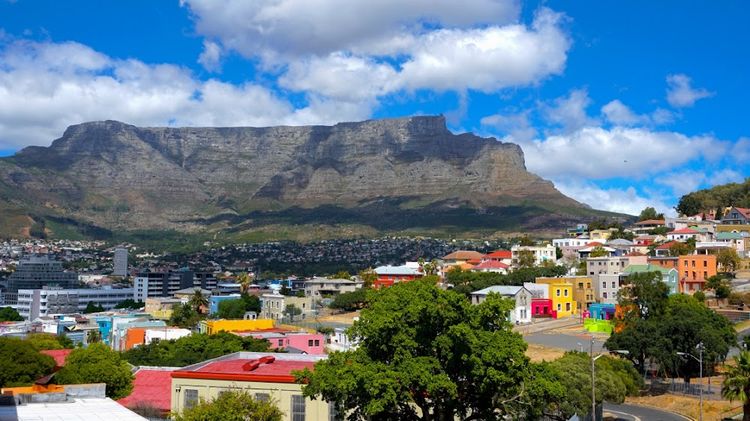South Africa's natural attractions, sport and culture boost its global ...

Perceptions of South Africa are improving, but negative views about Sub-Saharan Africa remain, according to the study, which is a collaboration with Wharton University of Pennsylvania and US News.
WPP’s survey measures global perceptions of countries across the world, tracking the impressions and opinions of consumers, business leaders and opinion formers. It is the world’s largest study of nation brands and it polled respondents on every continent. It shows a disparity between African perceptions of the region and the perceptions of Africa by the rest of the world.
“South Africa has bounced back to claim the 40th position (out of 86) after a few years of slipping to its worst place in 2023 with a ranking of 46th It reflects the renewed hope zeitgeist, not just in Mzansi, but globally”, says Dono White, strategy director at VML, and WPP’s BAV & Best Country local champion.
South Africa is considered the region’s best country by both regional and global respondents, performing well for its athletic prowess, rich history, cultural and geographical attractions and for having achieved a high degree of racial equality. It also performs well on the ranking's movers metric, indicating that South Africa is seen as unique and dynamic. The country has climbed 10 positions on the movers metric since 2023, and five places for agility in the eyes of a global audience.
The Sub-Saharan African view of South Africa is of a country that is fun, friendly, happy, healthy and fashionable. There is a 19-place discrepancy between Africa’s perceptions of South Africa and the world’s view of it. Africa has a far more positive outlook on South Africa, rating it as the 21st best country. Austria is ranked 21st globally and is seen as being happy, friendly, fashionable and having a favourable tax system.
Deeper perceptual gaps in the Sub-Saharan view
Interestingly, people who live in Sub-Saharan Africa view the region much more positively than those who live elsewhere. All the countries measured in Sub-Saharan Africa as determined by regional respondents rank about 20 places higher in the world rankings than by global respondents, though the order of preference is only slightly different.
Kenya takes the second place of countries in the region in both the regional and the global rankings, staying at 59 as a year ago. While respondents from the region recognise it as a country offering adventure, heritage and affordable living, these strengths are not seen by a global audience. Africa rated Kenya as the 37th best country, a place Poland now holds on the global ranking, citing its better quality of life, despite recent financial events. The discrepancy between Africa’s view and the world’s is 22 places, as the world acknowledges Kenya’s athleticism but sees it as a cheap manufacturing hub. Closer to home Kenya is regarded as offering a much better quality of life (39 places higher than on the global survey), and for adventure and agility not yet known well beyond the region.
Similarly, Ghana is a far stronger performer within the region on heritage, adventure, social purpose and quality of life. Globally, aside from athleticism and affordability, the country ranks in the bottom third of the Best Countries table on close to every measure. There is a similar pattern for Cameroon. Ghana is the fourth-best in the region, but sadly fell down four places to 73, being replaced by Myanmar. Africa rated Ghana the 43rd best country because of its social responsibility and adventure — again something not translating globally.
The data suggests that most people outside the region have little detailed knowledge of most of these countries, with the exception of South Africa, and that what they do know is largely limited to sporting results.
“The impact of sports is a strong vehicle for marketing Africa,” says White. “We have seen it through Kenya topping the Olympics table for Africa, South Africa’s Springboks being back-to-back Rugby World Champions, and the likes of Ronwen Williams being the first African footballer to make the Ballon d’Or nominees list after Afcon. This is all great, but it’s not enough.”
The region’s countries are not yet known outside Sub-Saharan Africa for having strong consumer brands, and the perceived strengths known among the local audiences — notably the quality of life, heritage and adventure possibilities of each country — have not yet been recognised beyond the region.
What this means for Sub-Saharan African countries, says White, is that there is a need to take control of the narrative and educate the world about what it is missing out on in this vibrant region — especially in terms of heritage and adventure. White encourages a broader perspective, suggesting that “now is a good time for the world to reconsider any preconceived notions about Africa, and to embrace the opportunity to engage with this vibrant and dynamic continent”.
The big take-out: African countries view South Africa more positively than the rest of the world.









































